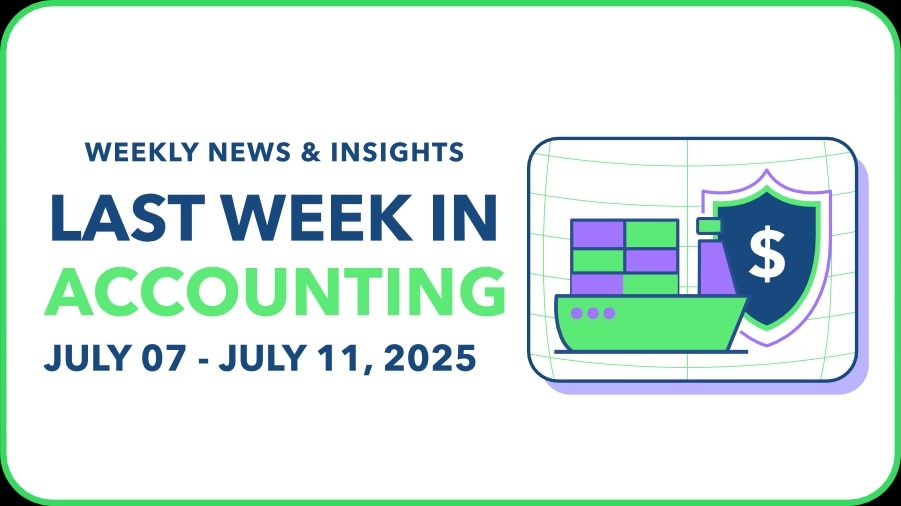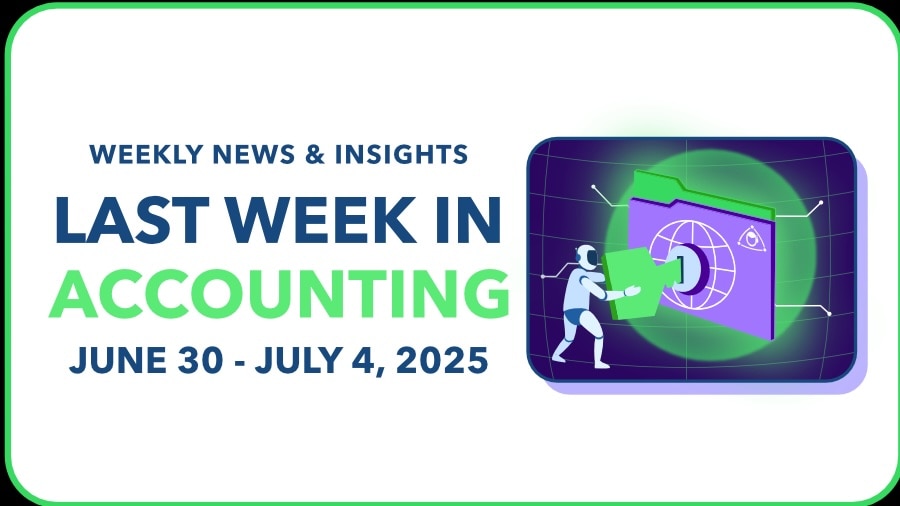🔍 Top headlines
Tariff volatility may offer a strategic edge for M&A
As trade policy shifts and geopolitical uncertainty persists, Deloitte’s 2025 M&A Trends Survey urges dealmakers to rethink their hesitation. While some firms are pausing activity amid new tariffs and unpredictable regulations, others are using this moment to gain ground. Cross-border deals are high on the agenda for 85% of corporate and private equity (PE) leaders, especially in stable markets such as Canada and Europe. Meanwhile, the rise of private credit is offering a path forward for buyers squeezed by high interest rates, with 52% of PE execs tapping nontraditional lenders.
Technology is also playing a growing role, with nearly all surveyed firms reporting that they’ve digitized their deal processes, and GenAI is emerging as a tool for execution and value capture. Amid volatility, Deloitte argues, lies opportunity: for those with capital and agility, M&A in 2025 could be a moment to buy smart, act fast, and secure value others might miss.
New data shows steady decline in CPA licensure rates
A new analysis from Inside Public Accounting reveals a clear trend: fewer professionals in accounting firms hold CPA licenses than just a few years ago. From 2020 to 2024, the average percentage of CPA-licensed staff dropped from 56% to 48%, with larger firms reporting even lower ratios at just over 41%. The decline spans firms of all sizes, pointing to systemic shifts in hiring and credentialing.
As firms grow their advisory and consulting offerings, they’re increasingly hiring for skills beyond traditional accounting. Rising education and exam costs, combined with waning interest among new grads, are further eroding the CPA pipeline. Several states have already been revamping the path to licensure, a sign the profession is reevaluating what credentialing should look like in the future. For firms, this indicates that talent models and licensure strategies need to evolve in step with a diversifying profession.
New transparency rankings spotlight gaps in state financial reporting
Truth in Accounting’s 2025 Financial Transparency Score reveals uneven progress in how US states report their finances—an issue with clear implications for public trust and fiscal accountability. The rankings, based on criteria such as clean audit opinions, timeliness, and pension liability disclosures, show Utah and West Virginia leading the pack, while Illinois, Connecticut, and North Carolina fall behind.
Notably, 36 states improved their scores this year, largely due to fewer distortions from deferred inflows and outflows. However, there are still a lot of gaps, with many states continuing to use outdated pension data or lacking independent audits for key retirement systems. The report also highlights how some states keep sizable pension debt off the books, masking financial realities.
For accountants and auditors working with public clients, the findings provide a benchmark and a call to action, emphasizing that transparency isn’t just about compliance, but also about building a more trustworthy and effective public finance system.



